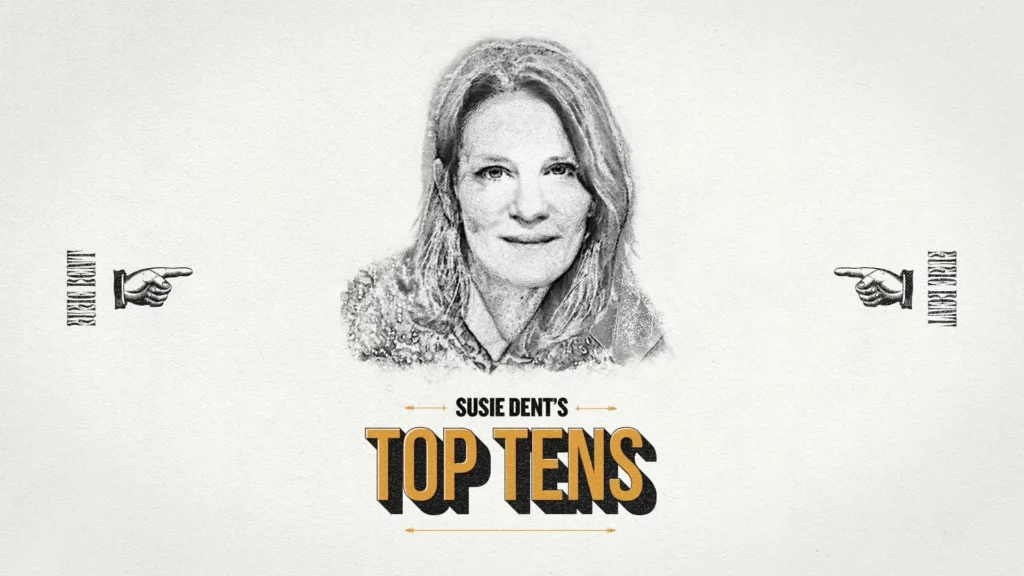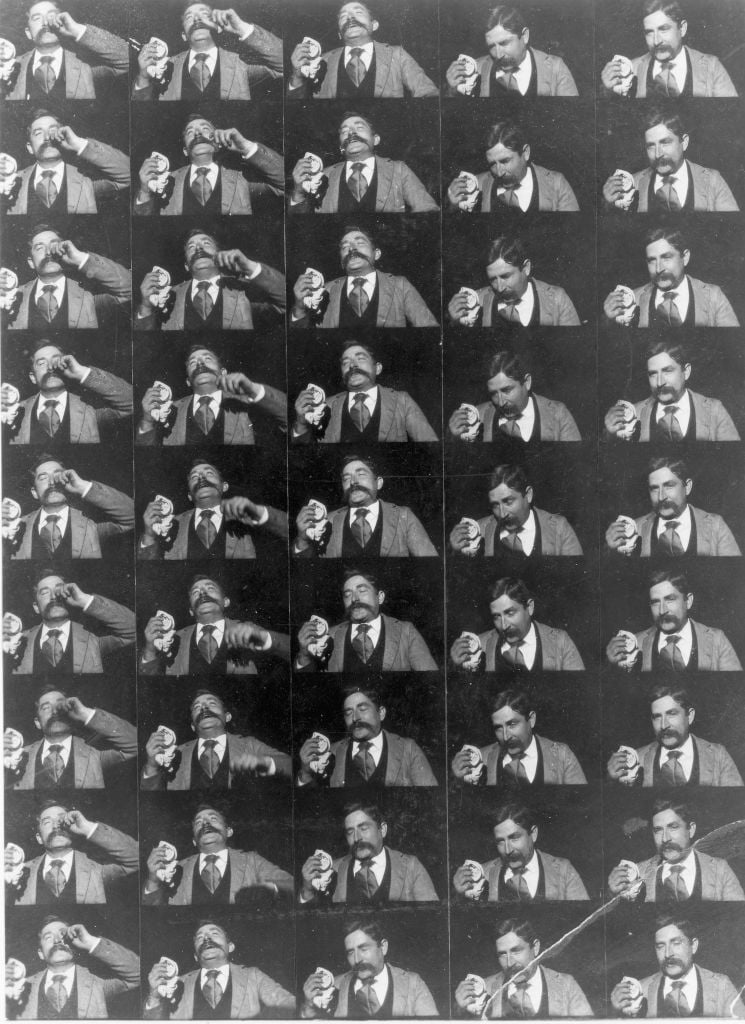What is the ‘drink’ equivalent of ‘feeding’ someone? What do you call the mortification of tripping over in public and trying to recover your aplomb? And how about a word for the staring down of a bad driver as you overtake them? Welcome to the lexical gap.

Admittedly the term is about as cuddly as ‘collective noun’, but the subject is in fact just as important and entertaining. Put simply, a lexical gap is the absence in a language of a word that really should exist but doesn’t. Often it’s something that is catered for in a different language, which we occasionally then borrow. But sometimes there are emotions or situations that just don’t seem to have been given expression by anyone – yet.
Any list is of course hugely subjective. I remember one tweeter telling me how much we need a word for the quickening of pace that becomes necessary once you’ve
overtaken someone on a path only to realise they’re walking a lot faster than you thought. And many a time have I been asked for a name for the email that is so important that you leave it for later….and then completely forget.
So, with many caveats attached, I have gathered my top ten of gaps in our language that I believe should be filled immediately. Tomorrow will be another list, but then that’s half the fun.

1. The sneeze that never comes.
We urgently need a word for the sneeze that threatens for what feels like minutes, forcing your face into all sorts of contortions as you wait expectantly for the explosion to come. But then…nothing, other than a curious sense of failure and incompleteness.
2. The thick head from sleeping too long in the afternoon.
Some people have got the micro-nap down to a fine art. For others, the urge to doze is impossible to resist even though you already know you’ll regret it (that’s pregret, by the way). Two hours later, you are left feeling groggily ill-tempered and out of sorts. We need a word for this specific fuzziness that induces nothing but curmudgeonly crumpsiness.
3. The panic that comes from too many commitments in your diary, however pleasurable.
At the opposite end of FOMO is the sinking feeling that there is just too much going on in your diary, making you want to do nothing more than latibulate (find a corner and hide there). No matter how lovely you know many of these get-togethers will be, you really just want to stay at home. Such feelings of over-commitment can involve numerous engagements, or just the one.
4. The fake reassurance you give your hairdresser.
For all that I love the Japanese age-otori – the misery of a bad haircut – this still doesn’t quite encapsulate the smile and nod you give your hairdresser in the mirror as they enthusiastically say ‘let me just show you the back’, when all you want to do is scream. For no matter how bad the cut or colour, we can’t help but nod and smile and pretend we absolutely love the result.

5. The joy of birdsong.
Surely there has always been a need to express the singular joy that comes from listening to birdsong, yet we have somehow failed to deliver. In Sweden, gökotta is the ritual of waking up early to experience the calm of the morning and appreciate the beauty of nature, particularly birdsong. Now we just need a word that doesn’t involve having to get up at the crack of dawn.
6. A parent who has lost a child.
An orphan is a child that has lost its parents. But what about a parent who has lost a child? There is no word for this heartbreaking situation, but I am asked for it often. Of all the words in this list, perhaps this is the most necessary.
Read More: Susie Dent’s Top Tens: 10 ‘Americanisms’ that aren’t actually American
7. Collective term for nieces and nephews.
Different cultures have varying levels of detail for inter-familial relationships. English tends to prefer staying top level, and forces us into fairly long-winded explanations of the person we’re referring to. ‘Nieces and nephews’ is a case in point. For all that many of us have been trying to nudge ‘niblings’ into the mainstream, it has yet to make it big.
8. To wear something brand new.
There is a particular kind of private pride in wearing a new outfit the day after you’ve bought it, yet we have no word to express it. The Spanish call this estrenar: strutting one’s stuff when wearing new clothes. At this point, it might be worth mentioning a situation that English does cater for in ‘shivviness’, which describes the discomfort of wearing new underwear.

9. Good appetite!
It always struck me as curious that we reach for other languages when wishing someone a nice meal, most popularly with ‘bon appétit’. All became understandable when I learned that the medieval English version was ‘proface’: ‘may it do you good’. Not exactly full of charm.
10. The day before yesterday.
English has inexplicably lost many of its old markers of time, leaving us with such cumbersome explanations as ‘the day after tomorrow’, and ‘the day before yesterday’. We did once have pithier articulations of these, in the beautiful ‘overmorrow’ and ‘ere-yesterday’. How did we ever let them get away?





